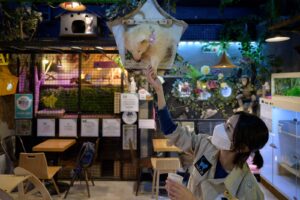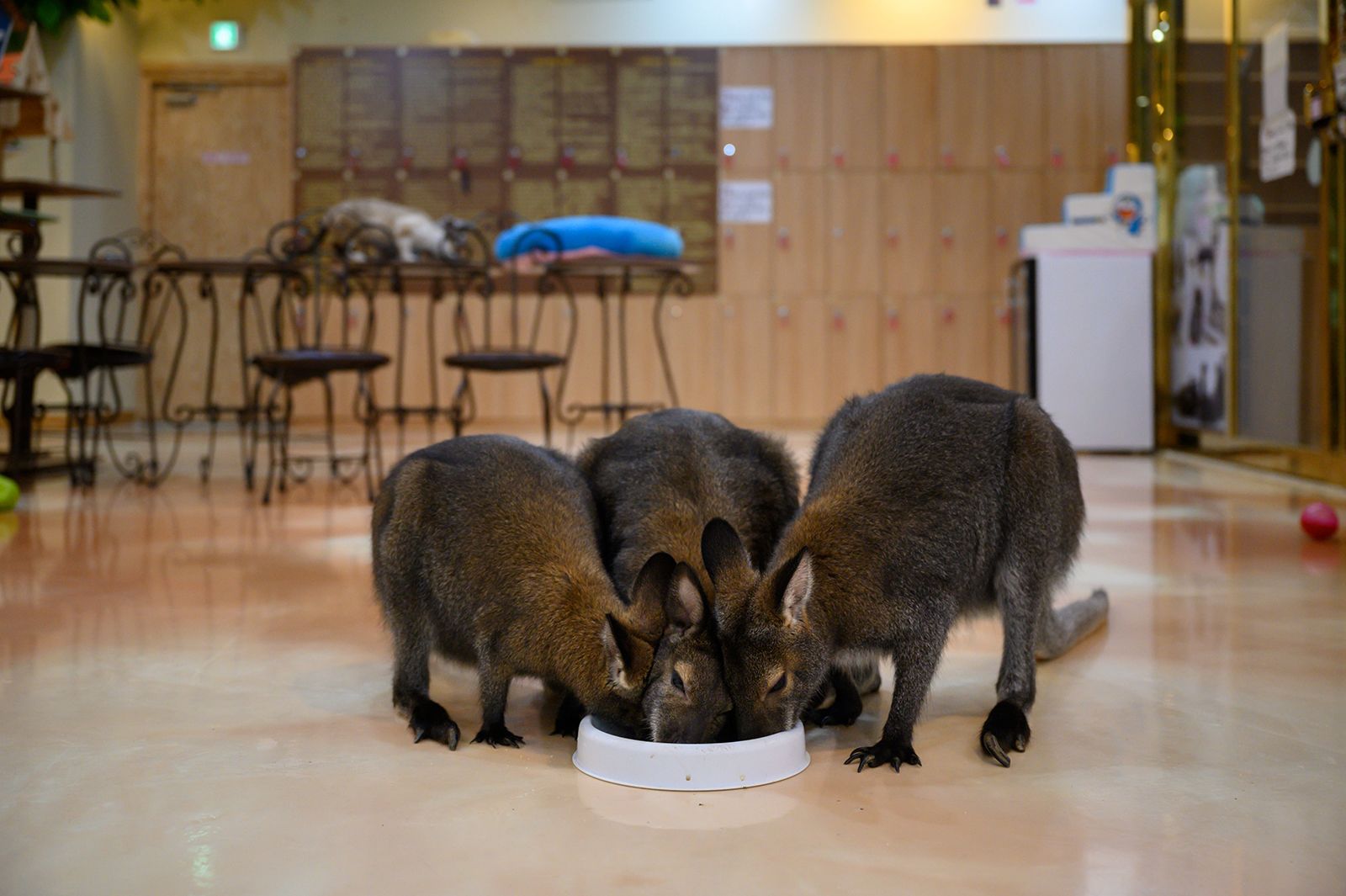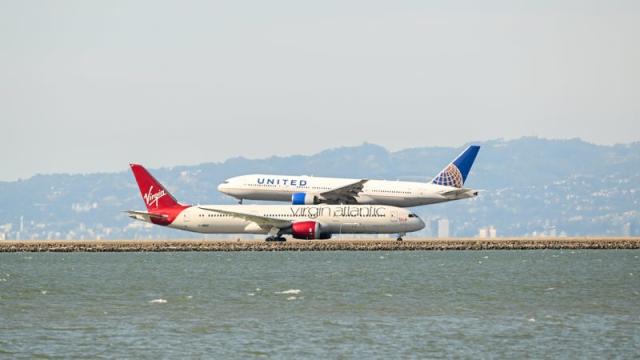Okay, imagine this: you’re sipping a latte, snapping selfies with a raccoon or a prairie dog, all behind a glass wall. That’s the vibe in animal cafes across South Korea. But hold up – controversy’s been brewing. Animal lovers and advocates are saying, “Hey, this ain’t cool!” Now, the South Korean government is stepping in with some new laws to put a leash on these cafes.
Animal Cafes: Where the Wild Comes to You
So, these animal cafes started in Taiwan in ’98, with the first cat cafe. Fast forward to the early 2010s, and South Korea catches the animal cafe fever. Imagine chilling with a latte, petting some furry buddies – pretty sweet, right? From typical housecats to fluffy sheep, these cafes became a thing, especially in busy urban spots where wild animal encounters are rare.

The Wild Cafe Scene in Korea
In the cafes, you got a raccoon doing a sprint on an exercise wheel, prairie dogs chilling under artificial lights, and customers sipping drinks while taking selfies with the furry stars. Sounds like a scene, doesn’t it? But here’s the twist – it’s not all fun and games.
Controversy Sparks Government Action
Animal lovers and advocates weren’t vibing with these cafes. They raised concerns about cramped living spaces, stressed-out animals, poor diets, and sketchy care practices. The South Korean government was like, “Alright, we need to do something about this.” So, in December, new laws kicked in, basically saying cafes can’t showcase live wild animals unless they register as zoos or aquariums.
Why the Big Fuss? The Dark Side of Animal Cafes
Before these laws, the cafe scene was like the Wild West. The previous animal protection act only cared about endangered species, leaving room for cafes to roll out the red carpet for raccoons, sheep, and other exotic animals. And with demand skyrocketing, cafe owners were raking in the cash.
Animal Cafes: Where Profit Meets Furry Friends
Let’s talk numbers. A dog cafe, according to a pet business consulting company, could cost a minimum of $40,000 to start but could pull in over $15,000 a month in net profit. Social media played a big role too. Instagram, YouTube, travel blogs – they were all buzzing about Korean pet cafes. One Samoyed dog cafe in Seoul has more than 81,000 Insta followers, with people lining up to get in.
The Critics Speak: Animal Welfare Concerns
But, of course, not everyone’s cheering. Critics say these cafes have animals living in tiny spaces, dealing with stress from constant touching, and health issues from a not-so-great diet. Some cafes have rules in place, sure, like no picking up certain animals or restricting younger visitors. But the critics are saying it’s not enough.
Government Steps In: New Laws and a Reality Check
So, the South Korean government, feeling the heat, rolled out these new laws to rein in the animal cafe frenzy. But here’s the catch – the laws are pretty narrow, and not everyone’s on board. Cafe owners are pushing back, worried about their bread and butter.



